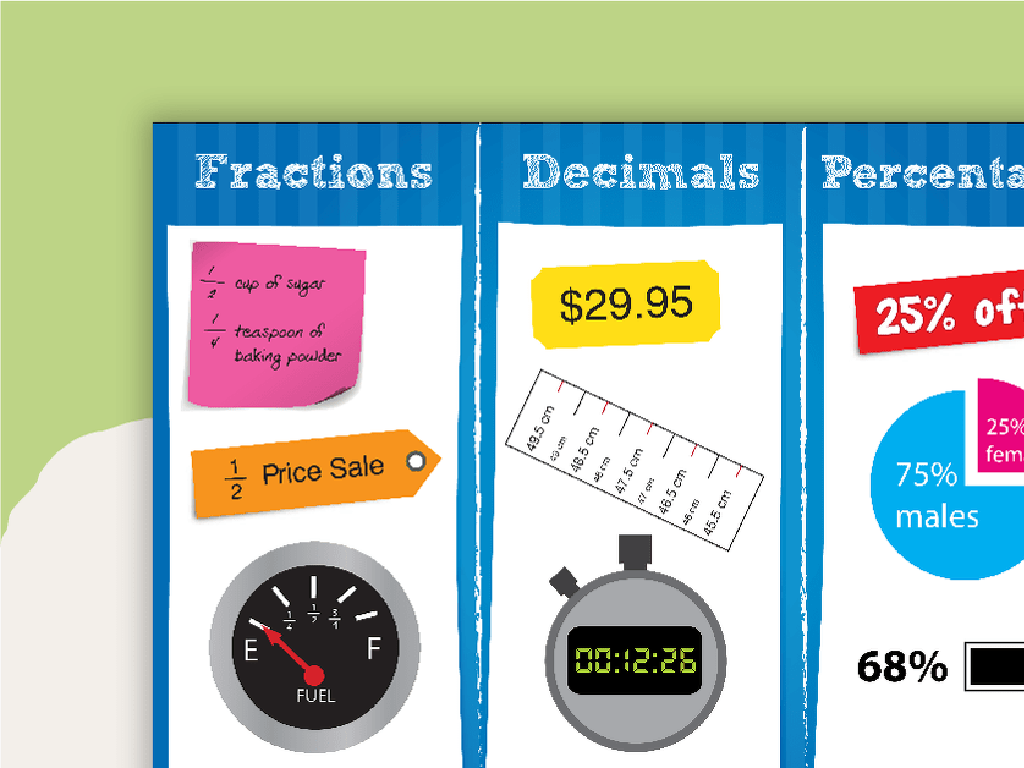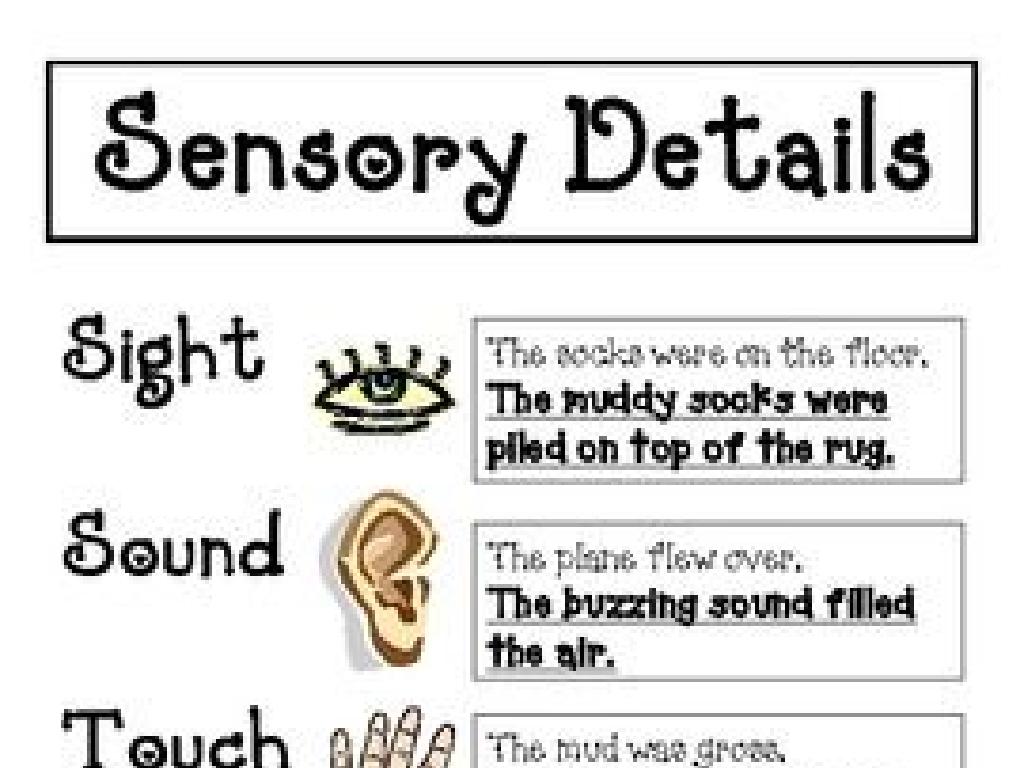The American Revolution: New British Taxes
Subject: Social studies
Grade: Fourth grade
Topic: The American Revolution
Please LOG IN to download the presentation. Access is available to registered users only.
View More Content
The Roots of Our Nation: New British Taxes
– The American Revolution’s beginnings
– What sparked the American Revolution?
– A fight for independence from British rule
– Overview of British taxes
– Taxes like the Stamp Act made colonists pay extra on paper goods
– Impact on the colonists
– These taxes angered colonists, leading to protests
|
This slide introduces the American Revolution, setting the stage for understanding the conflict that led to the founding of the United States. Begin by discussing the origins of the Revolution, emphasizing it as a struggle for independence from British control. Explain that one of the main sparks of the Revolution was the imposition of new taxes by the British government on the American colonists without their consent. Highlight specific taxes such as the Stamp Act, which required colonists to pay tax on every piece of printed paper they used. Discuss how these taxes were a burden on the colonists and contributed to growing dissatisfaction with British rule, ultimately leading to acts of protest and rebellion. Encourage students to think about how they would feel if they had to pay extra for their school supplies as a way to relate to the colonists’ experience.
What Led to the American Revolution?
– Recap of events before the Revolution
– The French and Indian War and Britain’s debt led to taxing the colonies.
– Taxes raised tensions
– Acts like the Stamp Act made colonists pay more, causing anger.
– Colonists’ views on new taxes
– ‘No taxation without representation!’ was a rallying cry against unfair taxes.
– Impact of taxes on daily life
– Taxes affected things like tea, paper, and more, changing colonists’ lives.
|
This slide aims to provide a brief overview of the factors that contributed to the start of the American Revolution, with a focus on the new British taxes. Begin with a short recap of the events leading up to the Revolution, such as the French and Indian War and the financial strain it placed on Britain, which led to the decision to tax the American colonies. Explain how these taxes, including the Stamp Act and the Townshend Acts, increased tensions between Britain and the colonies. Discuss the colonists’ perspective on these new taxes, emphasizing their lack of representation in the British Parliament and how this led to widespread discontent. Highlight how these taxes impacted the daily lives of the colonists, making common goods more expensive and contributing to the revolutionary sentiment. Encourage students to think about how they would feel if they were taxed unfairly.
New British Taxes During the American Revolution
– The Stamp Act: Tax on paper
– This act required a stamp on newspapers and legal documents.
– The Townshend Acts: Tax on imports
– These acts placed a tax on goods like glass, paint, and tea.
– The Tea Act: Led to a famous protest
– The Tea Act resulted in the Boston Tea Party, a major protest by the colonists.
– Understanding taxation without representation
– Colonists were taxed by the British but had no say in the British Parliament.
|
This slide introduces students to the various taxes imposed by the British government on the American colonists, which contributed to the revolutionary sentiment. The Stamp Act was a direct tax on a wide array of paper goods, which affected everyone who used paper. The Townshend Acts taxed imported goods, leading to widespread dissatisfaction as these were essential items. The Tea Act, which actually made British tea cheaper, still angered colonists because it was seen as a way for Britain to impose taxes without colonial approval. This led to the Boston Tea Party, a pivotal event in the buildup to the American Revolution. The concept of ‘taxation without representation’ should be highlighted as a key grievance that united the colonists against British rule. Encourage students to think about how they would feel if they had to pay taxes but couldn’t vote on the laws or have any say in how the money was spent.
The American Revolution: Why New Taxes?
– Britain’s debt post-war
– Britain spent a lot on the French and Indian War and needed money.
– Taxes for soldiers’ upkeep
– Money was needed for housing and supplies for British soldiers in America.
– Colonists had no Parliament say
– Colonists couldn’t vote on taxes that affected them.
– ‘No taxation without representation’
– This famous protest slogan meant colonists wanted a say in their taxes.
|
This slide aims to explain the reasons behind the imposition of new taxes on the American colonists by the British government after the French and Indian War. Britain had accumulated a large debt from the war and looked to the colonies to help pay it off. The taxes were meant to cover the costs of maintaining British soldiers stationed in the colonies. However, the colonists had no representatives in the British Parliament to voice their opinions or vote on these taxes, leading to the rallying cry of ‘No taxation without representation.’ Discuss with students how this lack of representation felt unfair to the colonists and set the stage for the American Revolution. Encourage them to think about how they would feel if they had to follow rules without having a say in them.
Colonial Response to New British Taxes
– ‘No taxation without representation!’
– A slogan the colonists used to express they didn’t want to be taxed by the British Parliament without having any say in it.
– Boycotts of British goods
– Refusing to buy British products to show they didn’t agree with the taxes.
– Protests against taxes
– Public gatherings where colonists showed they were unhappy with the new taxes.
– The Sons of Liberty
– A group formed to fight against the British control and unfair taxation.
|
This slide discusses the various ways colonists reacted to the imposition of new taxes by the British government. The slogan ‘No taxation without representation!’ encapsulates the colonists’ belief that they should not be taxed by a government in which they had no elected representatives. Boycotts and protests were common tactics used to express dissent and put economic pressure on Britain. The Sons of Liberty was a secret society that was instrumental in mobilizing the colonists against the British and played a significant role in the events leading up to the American Revolution. Encourage students to think about how these actions showed the colonists’ desire for independence and fairness. Discuss the importance of standing up for one’s beliefs and the impact collective action can have on bringing about change.
The Impact of Taxes on Daily Life
– Taxes changed colonists’ lives
– Examples of taxed items
– Tea, paper, and glass were taxed
– Importance of everyday items
– These items were used daily by colonists
– Shift to homemade goods
– Colonists made their own goods to avoid taxes
|
This slide aims to help students understand how British taxes on everyday items affected the lives of the American colonists, leading to the American Revolution. Discuss how taxes were applied to essential goods like tea, which was part of daily life, causing frustration among the colonists. Explain the significance of items like paper and glass, and how being taxed made them more expensive or harder to obtain. Highlight the colonists’ resilience as they began to produce homemade goods as a form of protest and to become less dependent on British imports. Encourage students to think about how they would feel if their favorite items were suddenly taxed and how that might impact their daily routines.
Class Activity: Taxation Simulation
– Role-play as American colonists
– Trade goods with classmates
– Encounter ‘tax collectors’ in class
– Some ‘students’ will act as tax collectors, imposing taxes on goods traded
– Discuss feelings about taxation
– Reflect on the fairness of being taxed without having a say
|
This interactive class activity is designed to help students empathize with the American colonists’ perspective on taxation without representation. Students will role-play as colonists, trading goods among themselves. Select students will act as ‘tax collectors’ and impose taxes on these trades. After the activity, lead a discussion on how it felt to be taxed without having a say in the matter. This will help students understand the colonists’ frustration and why it contributed to the American Revolution. Possible variations of the activity could include different tax rates, representation votes to change taxes, or debates on the necessity of taxes for government services.
Reflecting on the American Revolution
– Recap: New British taxes
– Reviewed taxes like the Stamp Act and how colonists reacted with protests
– Significance of the Revolution
– Understanding the Revolution helps us appreciate our rights and freedoms
– Relating history to today
– Reflection on our learning
– Think about how we can use lessons from the past in our lives now
|
As we conclude our lesson on the American Revolution, it’s important to revisit the key points about the new taxes imposed by the British, such as the Stamp Act, and the strong colonial opposition that ensued. Discuss the significance of the American Revolution in shaping the nation and the modern-day implications of such a historic event. Encourage students to reflect on what they’ve learned and to consider how the values of freedom and representation are relevant in their lives today. This reflection helps students develop a personal connection to the historical content, fostering a deeper understanding and appreciation for the past.






